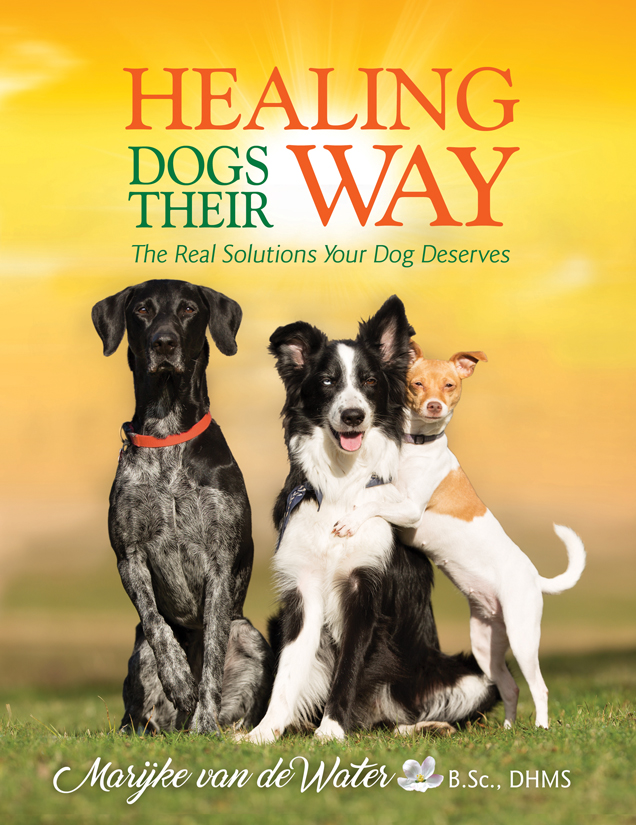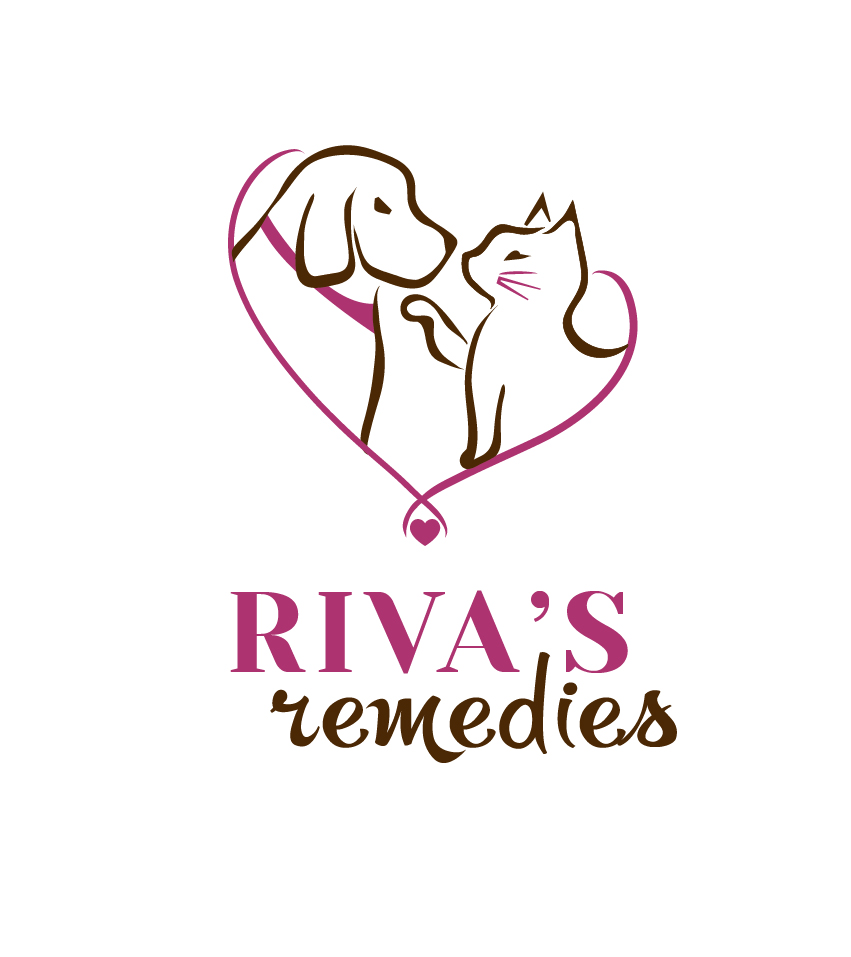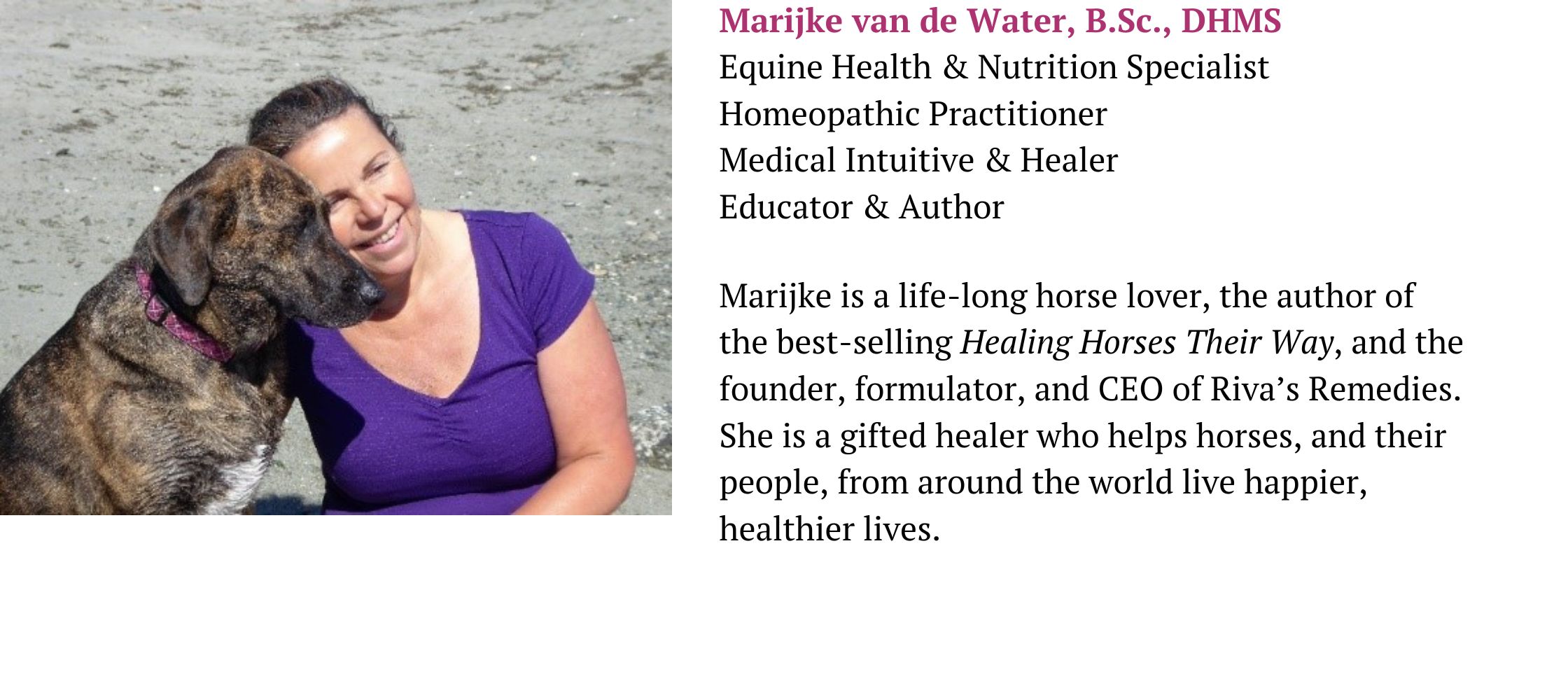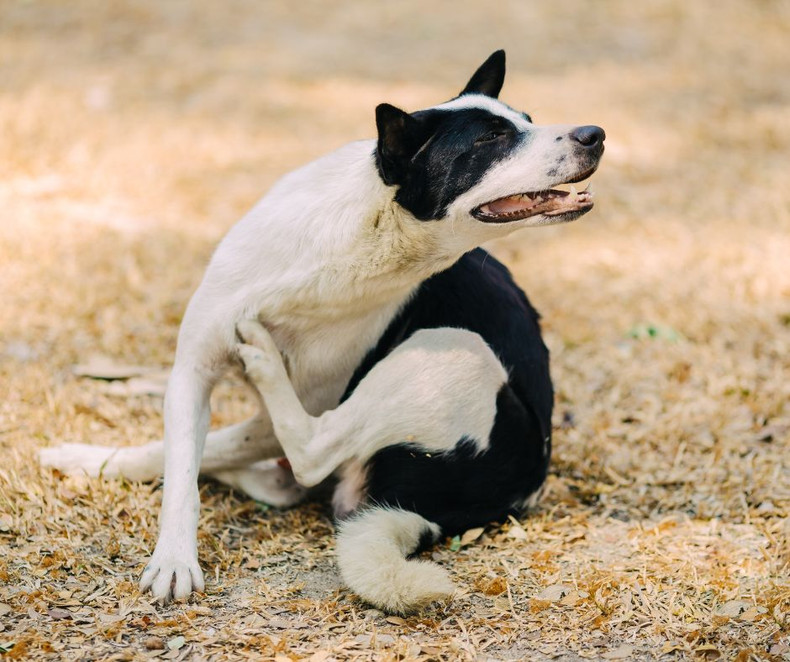Skin problems and ear infections have become an unnecessary epidemic (I call it the “plastic cone” epidemic) in the dog population, affecting almost all breeds. And dogs everywhere are itching, scratching, licking, chewing, rubbing, rolling, and feeling miserable.
However, these skin conditions are completely preventable and can be addressed with a solid health program that modifies the diet, corrects the nutritional deficiencies, and strengthens the immune system so that they are not victim to so many food allergies.
Dogs with unhealthy skin may exhibit any number of symptoms including redness, heat, inflammation, round scaly patches, bald patches, black skin, hives, itchiness, hot spots (areas with intense itching or heat), rashes, eruptions, scabs, pus, abscesses, infections, swellings, bumps, and foul odours. Ear infections are also very common, often with the same symptoms.
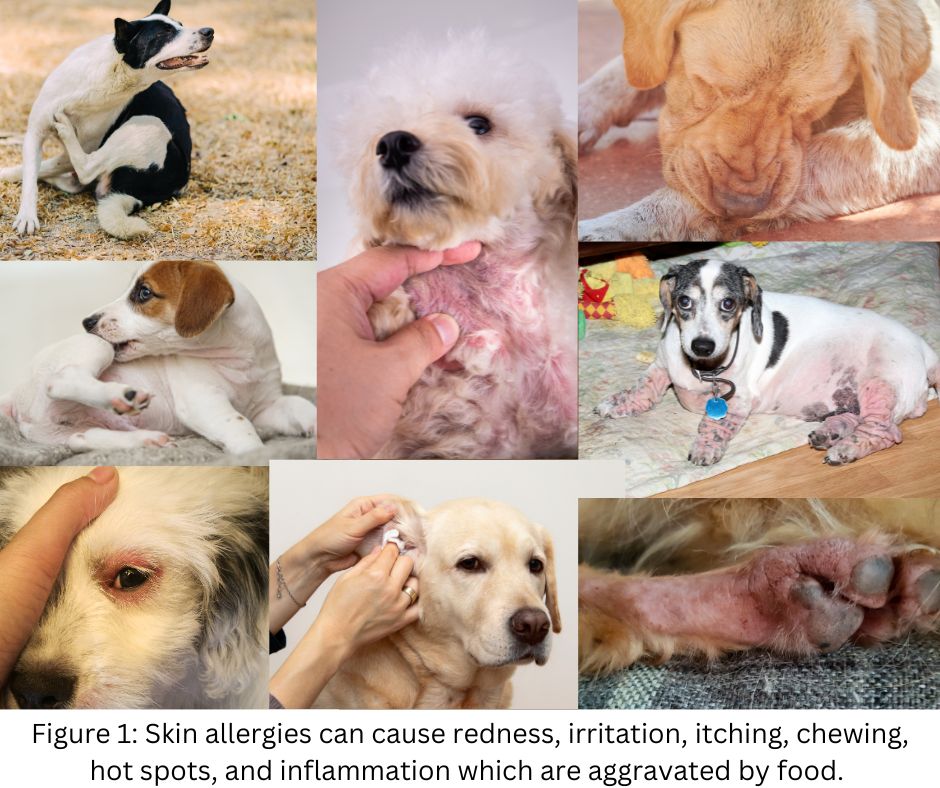
Almost all skin conditions are accompanied by food and diet problems, particularly food allergies and intolerances. Culprit foods can provoke an antibody immune response as well as chronic inflammatory reactions anywhere in the body, including the skin.
Inappropriate feeding programs, including excess meat or grains, wheat, corn, gluten, fat, or oils, also eventually cause a leaky gut. Leaky gut is a major contributor to skin problems because of the acids, food toxins, pathogens, and debris, which first damage the intestinal membranes of the large colon, leak through, and then migrate to various body systems and organs. And, because the skin is a major elimination organ, evidence of a problematic diet is very often seen there first.
Food Allergies vs Food Intolerances
Food allergies indicate that there is a problem with the immune system which is often affected by overall inflammation and toxicity. Allergy reactions to food can be immediate and can occur within minutes or within two hours of eating an offensive meal. Or reactions may be more insidious as toxicity from unsuitable diets slowly build up. Reactions commonly result in acute itching, hives, rashes, swellings, breathing problems, diarrhea and/or cramping.
Food intolerances, on the other hand, indicate that there is a problem with the food and not necessarily the immune system. An intolerance means that the body is unable to digest, absorb, or assimilate these unhealthy foods.
Both food allergies and intolerances are frequently responsible for immune problems, itching, hot spots, rashes, bacterial and yeast infections affecting both the skin and the ears, abscesses, anal itching, and behavioral changes.
How Does Stress Affect Immune-Compromised Dogs?
Stress has a huge impact on the immune system. Both acute and chronic stressors are responsible many different health conditions, especially immune related issues. Physical or emotional stress affects the adrenal glands and is directly related to food allergies and intolerances, poor immunity, digestive issues, inflammation, immune problems, and skin conditions.
Confinement, isolation, poor diets, weather changes, lack of exercise, over-medicating, vaccinosis, a history of abuse, and changes of any kinds all affect how our dogs react to their environment. But perhaps the biggest stressor for dogs is their human family. New babies, new pets, a change in location, and emotional tension and friction in the household, can shock some dogs into a state of worry and anxiety which immediately affects their physical health.
Can you trace your dog’s health problems back to a stressful event? Every dog, without exception, observes, absorbs, and processes every single thing that goes on in the household including challenging emotional situations. Be mindful of how your dog is reacting to all of this.
How Can We Help Dogs Who Have Food Allergies and Intolerances?
Diet is key! Food allergies often develop from foods that are eaten regularly and repetitively. For example, millions of dogs eat chicken day in and day out and thousands, if not millions, of them are sensitive to it. Always offer your dogs variety and change up the dietary staples from time to time.
Immune-compromised dogs must eliminate all previous staples from their diet (including the same old kibble) until their immune system has cleared it, a process which could take anywhere from six to twelve weeks.
1. Eliminate wheat, corn gluten, dairy products, soy products, rancid oils, and all known food allergies and intolerances (usually foods they have been on for a long time).
2. Eliminate bison, beef, venison, red meats, and organ meats since these are inflammatory which result in skin problems, joint soreness, and tissue damage.
3. Avoid prescription diets, which often contain wheat, corn, and odd sources of protein such as feathers. They also contain hydrolyzed proteins from chicken liver and soy, and all hydrolyzed proteins contain monosodium glutamate (MSG).
4. Avoid feeding excess oils including canola, soy, coconut, and vegetable oils. These oils are often GMO and/or hydrolyzed and are found in most processed feeds. They can congest the liver, adversely affect the immune system, and create a sluggish digestive system.
5. Avoid artificial colourings, flavourings, rawhide, or preservatives.
6. Address a leaky gut.
Tips for Home Cooking
> Consider a temporary vegetarian diet with whole grains, legumes, and vegetables. Vegetarian diets are effective
for cleansing and detoxifying and rebuilding the immune system. (See more details
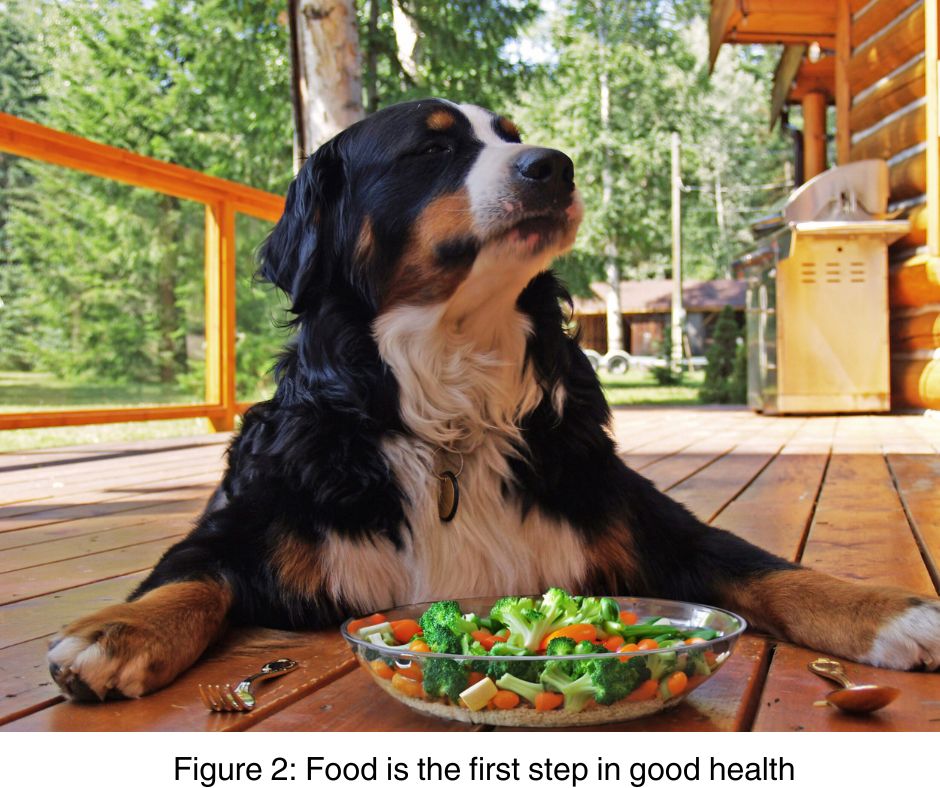
> Corn fed at home as a vegetable is not a grain and is safe to feed.
> Add a small amount of sea salt to any home-cooked meals.
> Cooked vegetables and cooked fruit are least likely to cause a reaction.
> To provide extra fibre and essential fatty acids, add crushed flax seeds, chia, or hemp seeds to a daily meal.
> Be aware that some highly sensitive dogs will initially improve and then start to react to some of the foods in the new diet program. If this is the case, then all staples, whether a grain or a meat, should be fed on a rotational basis, with one food fed no more than once every four days.
Recommended Supplements for Dogs with Food Allergies and Skin Problems
Making use of well-selected supplements will support the immune system and help keep food reactions to a minimum. Once the diet is in order, supplements can make significant improvements in a dog’s health. And in most cases, when you start a new program, discontinue all previous supplements, especially long-term ones, unless they demonstrate obvious benefit to the dog. Many dogs are reacting to their supplements, but the owners may be unaware.
Nutrients
Choose two or three well selected vitamins or minerals from the list to start. Observe your dog and trust your intuition.
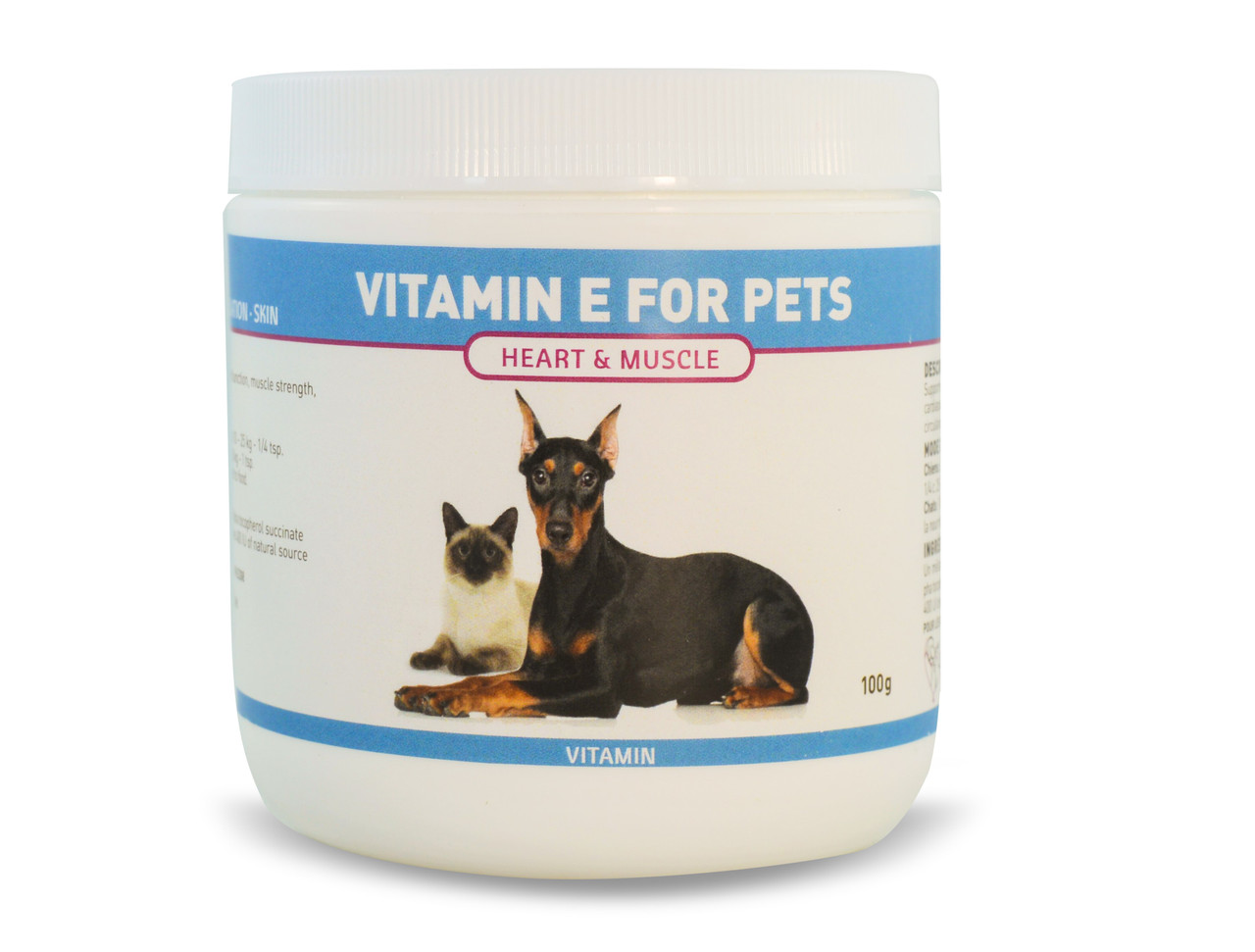
•
Vitamin E: One dose daily. Antioxidant used for skin health, circulation, wound healing, and dry skin.
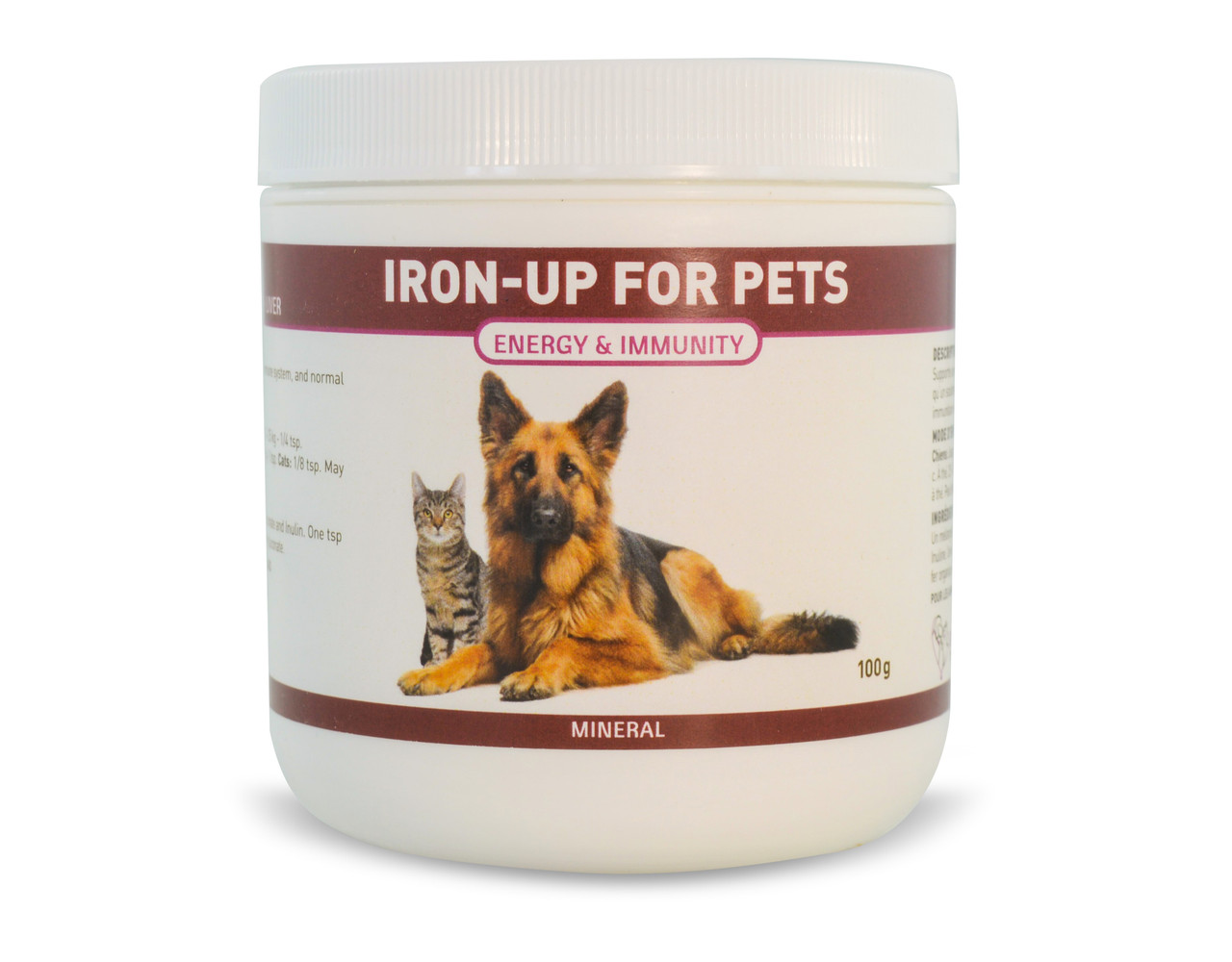
•
Iron-Up (iron gluconate): One dose daily.
Iron deficiency symptoms include chronic infections, food allergies, immune conditions, circulation issues, and anemia.
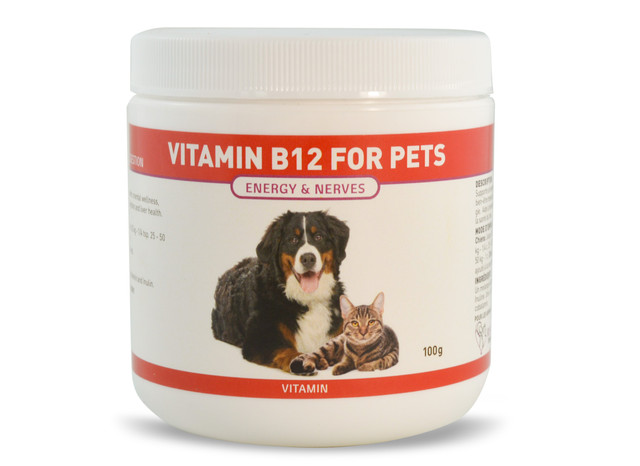
•
Vitamin B12: One dose daily.
Is a nerve nutrient, liver detoxifier, and digestive aid. Also helps with anemia and maintains energy levels.
• Folic Acid: One dose daily
Supports protein digestion, colon health, natural levels of friendly bacteria, and promotes tissue healing. May support anemic conditions.
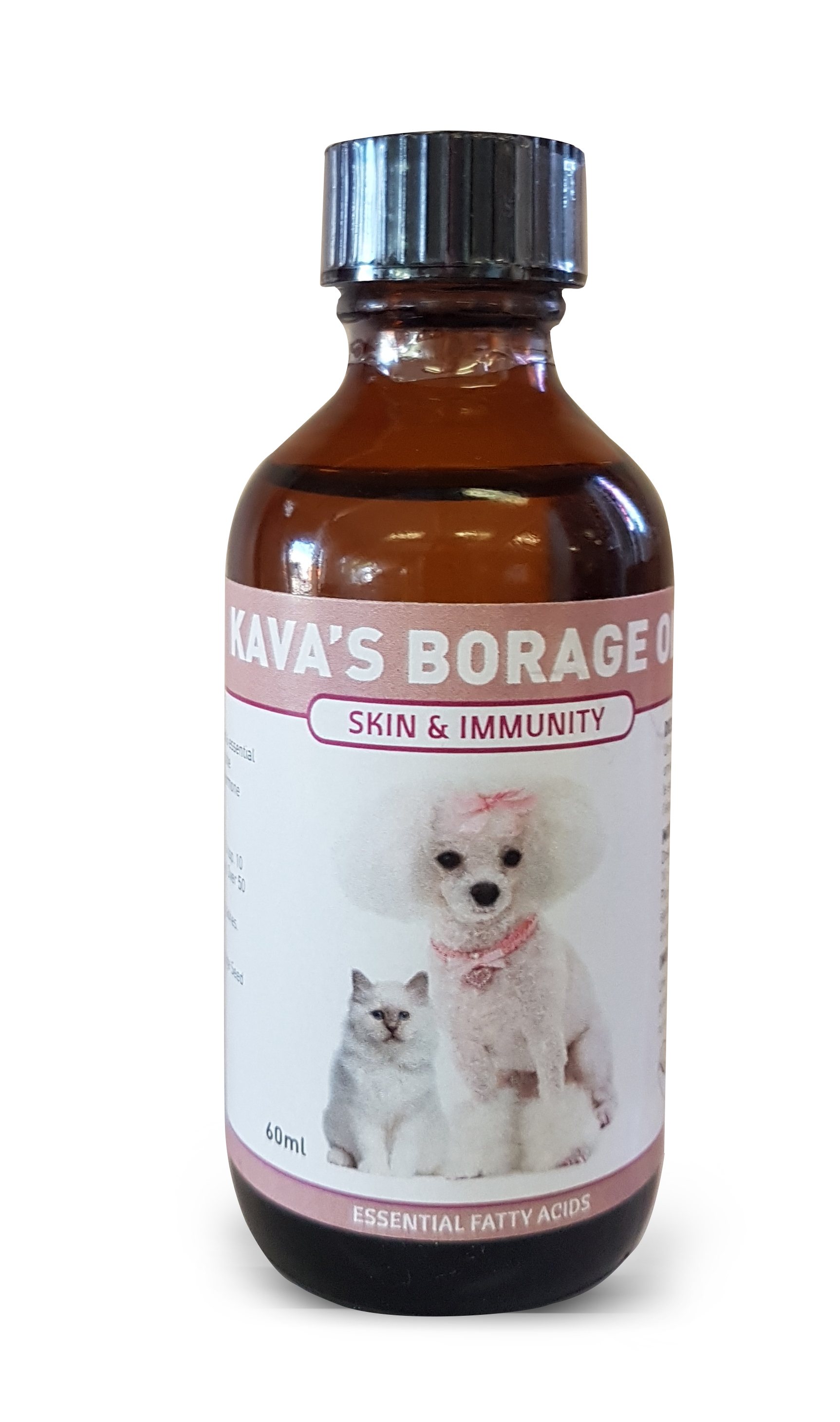
•
Bella’s Borage-Seed Oil, specialized nutrient: One dose daily.
Provides essential fatty acids for inflammation, immune function, and healthy skin and fur.
• Vitamin A: One dose daily. Dry and flaky skin, skin allergies, skin infections, immune nutrient.
• Zinc citrate or picolinate: One dose daily with food for thirty days only. A skin nutrient that helps heal wounds and scaling and crusting of food pads. Supports the immune response and is an important nutrient for skin, hair, and nails.
Rivas Remedies
Intestinal Cleansers & Detoxifiers
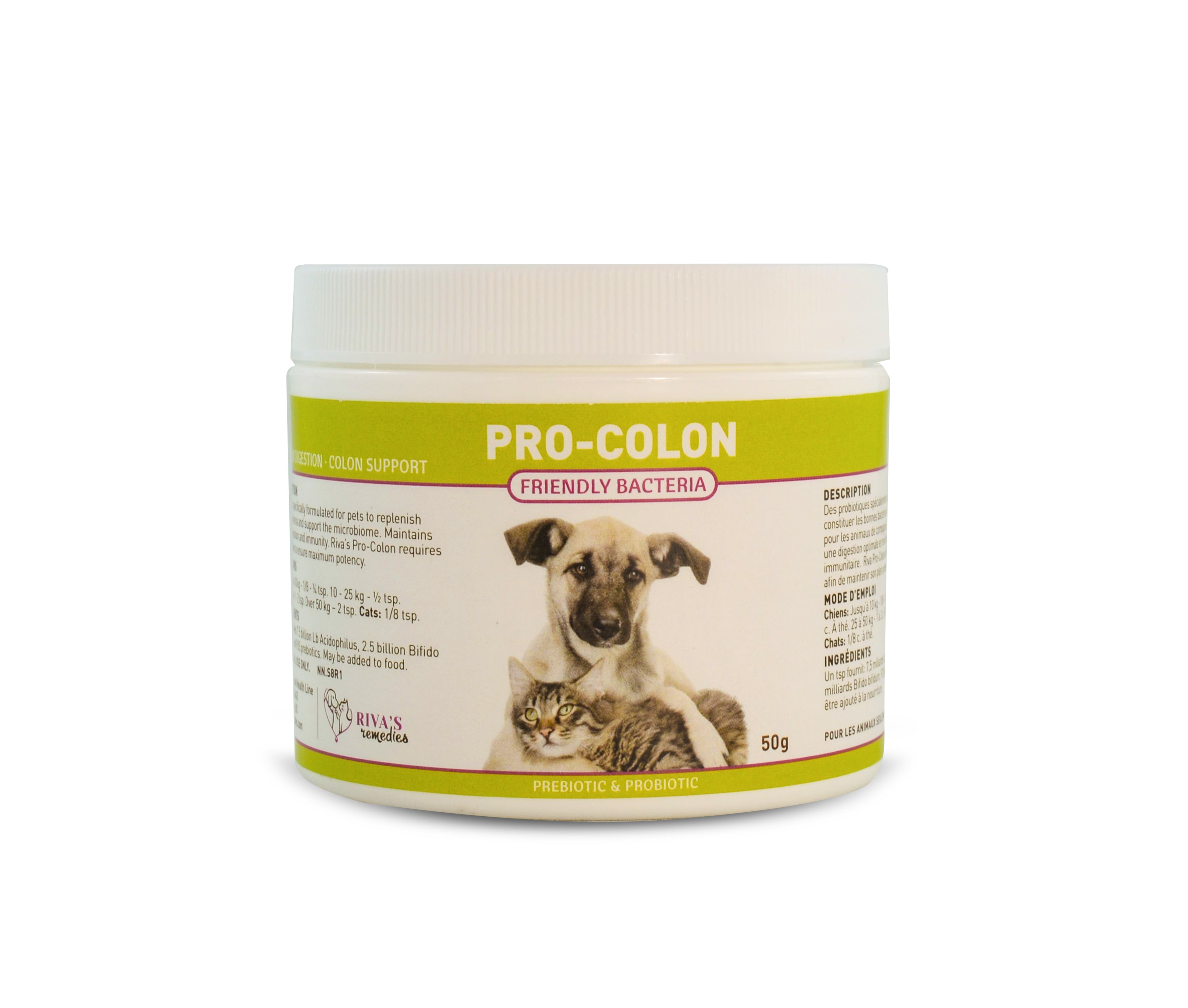
•
Pro-Colon, probiotic: One dose daily for four weeks.
Probiotics and prebiotics for intestinal support, helps balance the digestive ecosystem, and maintains a healthy intestinal immune system. Almost all dogs will require a probiotic to start.
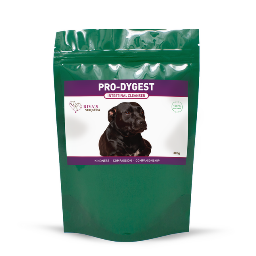 • Pro-Dygest Once daily for three to four weeks. Intestinal cleanser and detoxifier. Added fiber, leaky gut.
• Pro-Dygest Once daily for three to four weeks. Intestinal cleanser and detoxifier. Added fiber, leaky gut.
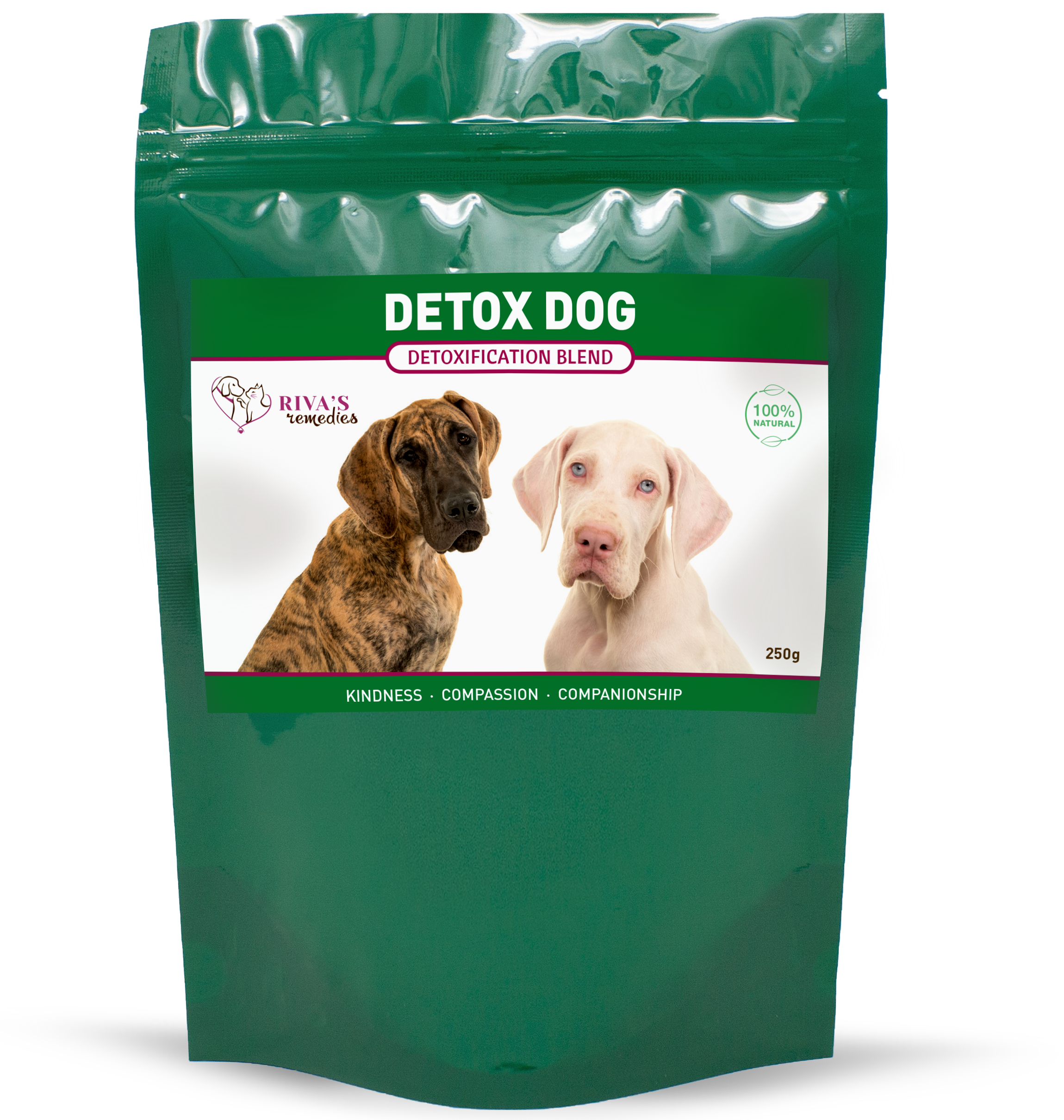
•
Detox Dog, herbal blend: One dose daily for four to six weeks.
Promotes the detoxification of elimination organs: skin, liver, kidneys, and colon. Supports the immune system.
Immune and Skin Support
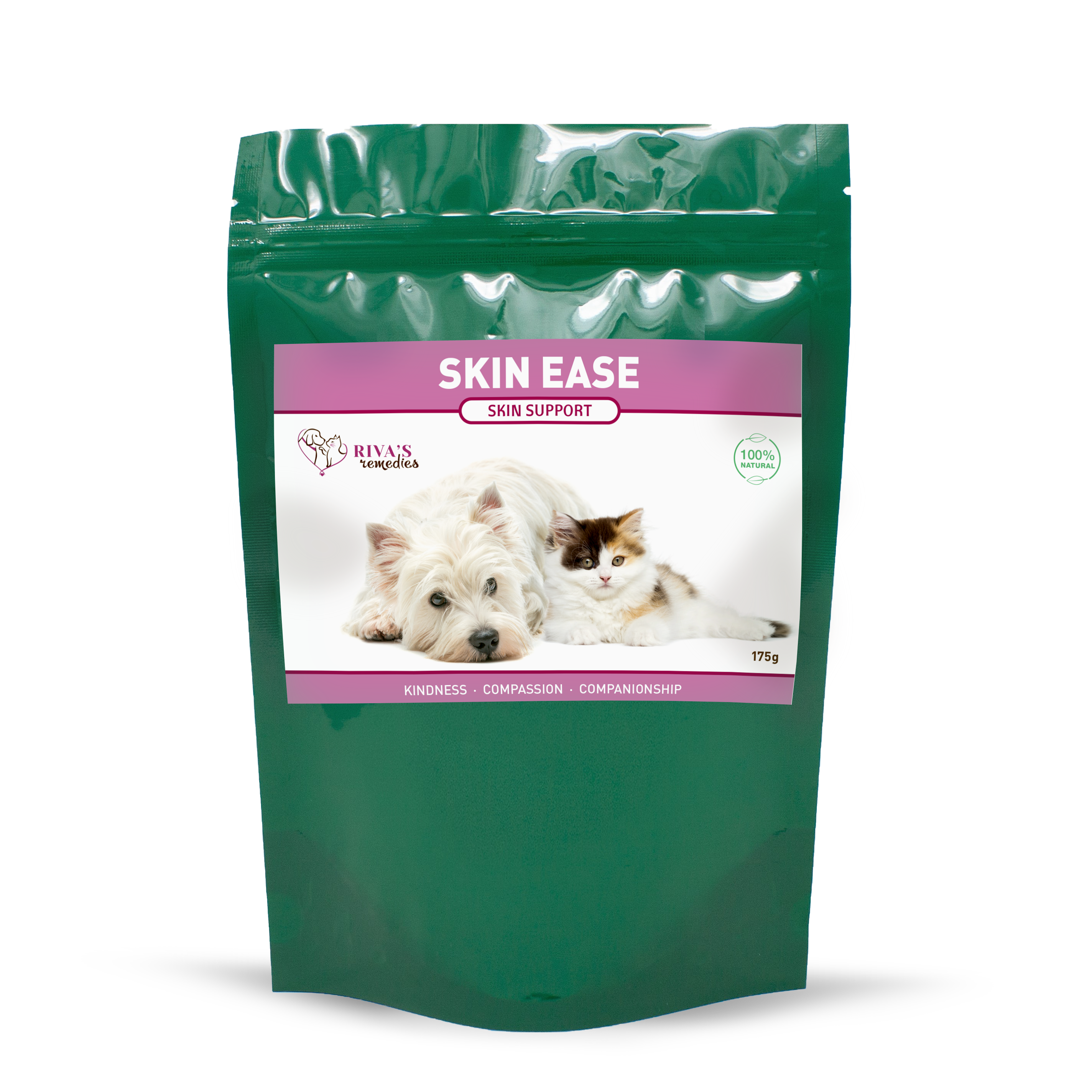
•
Skin Ease, herbal blend: One dose daily.
Supports healthy skin in dogs with hives, rashes, growths, and chronic skin conditions.
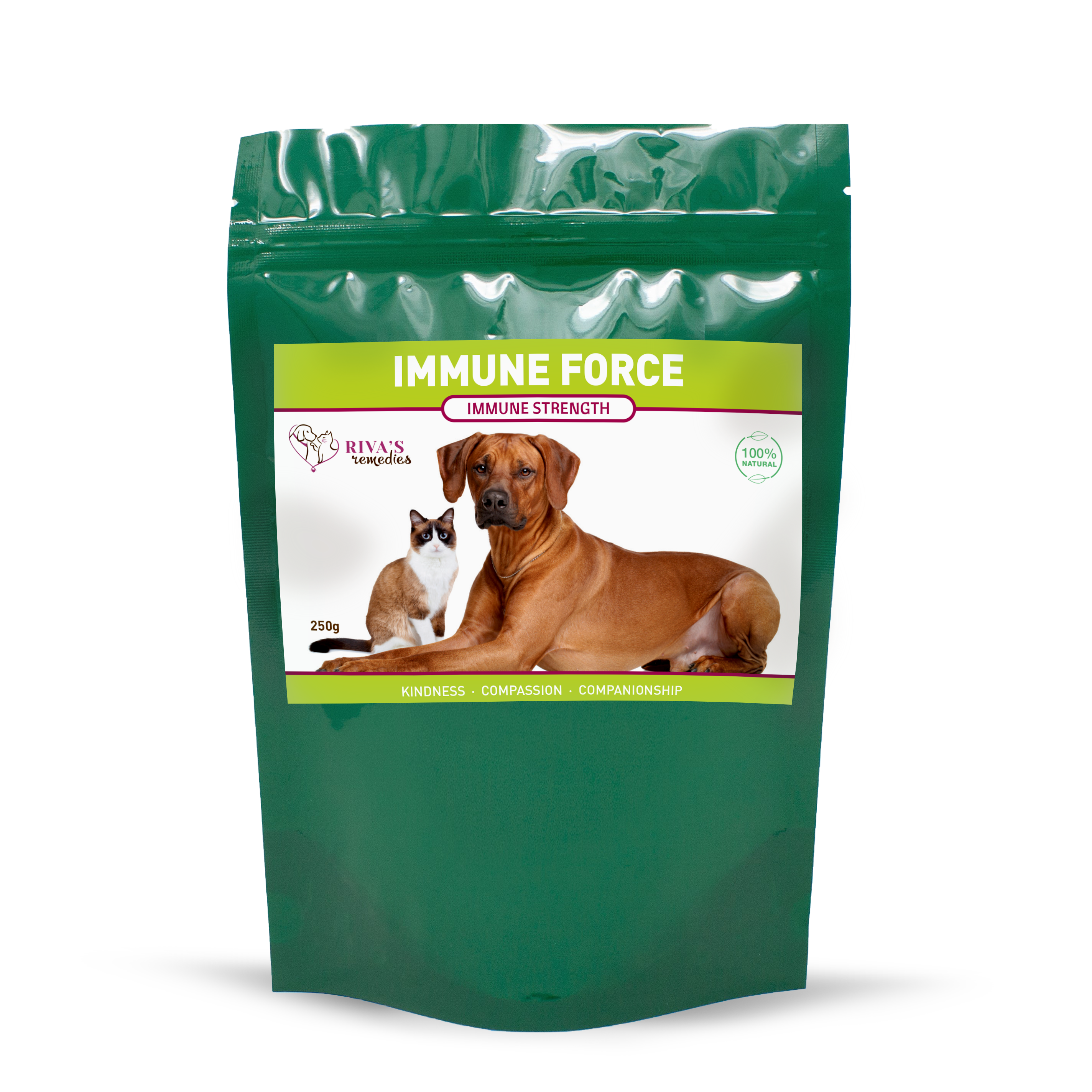
•
Immune Force, herbal blend: One dose daily.
Liver and immune support for dogs with food intolerances, frequent infections, or a history of immune problems.
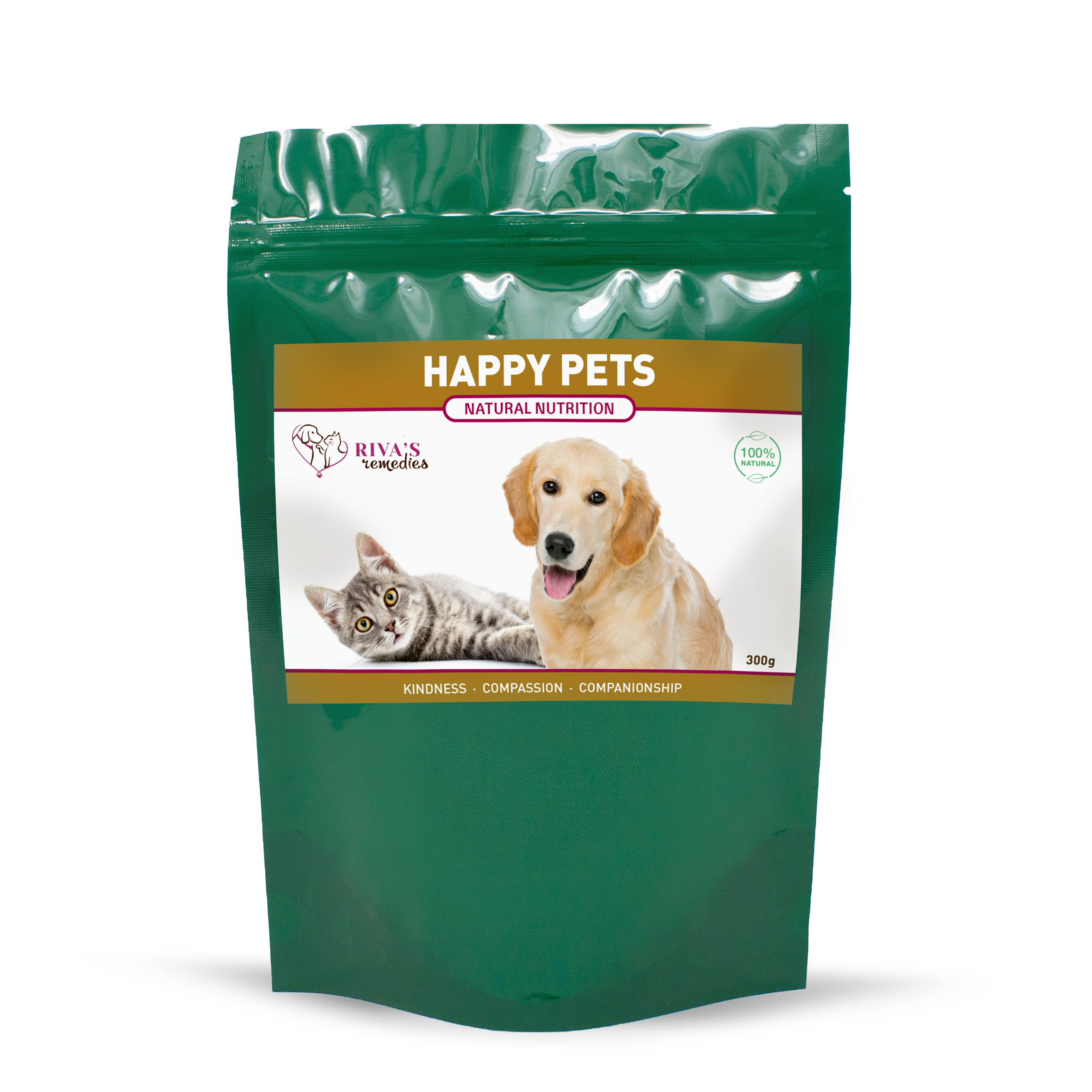
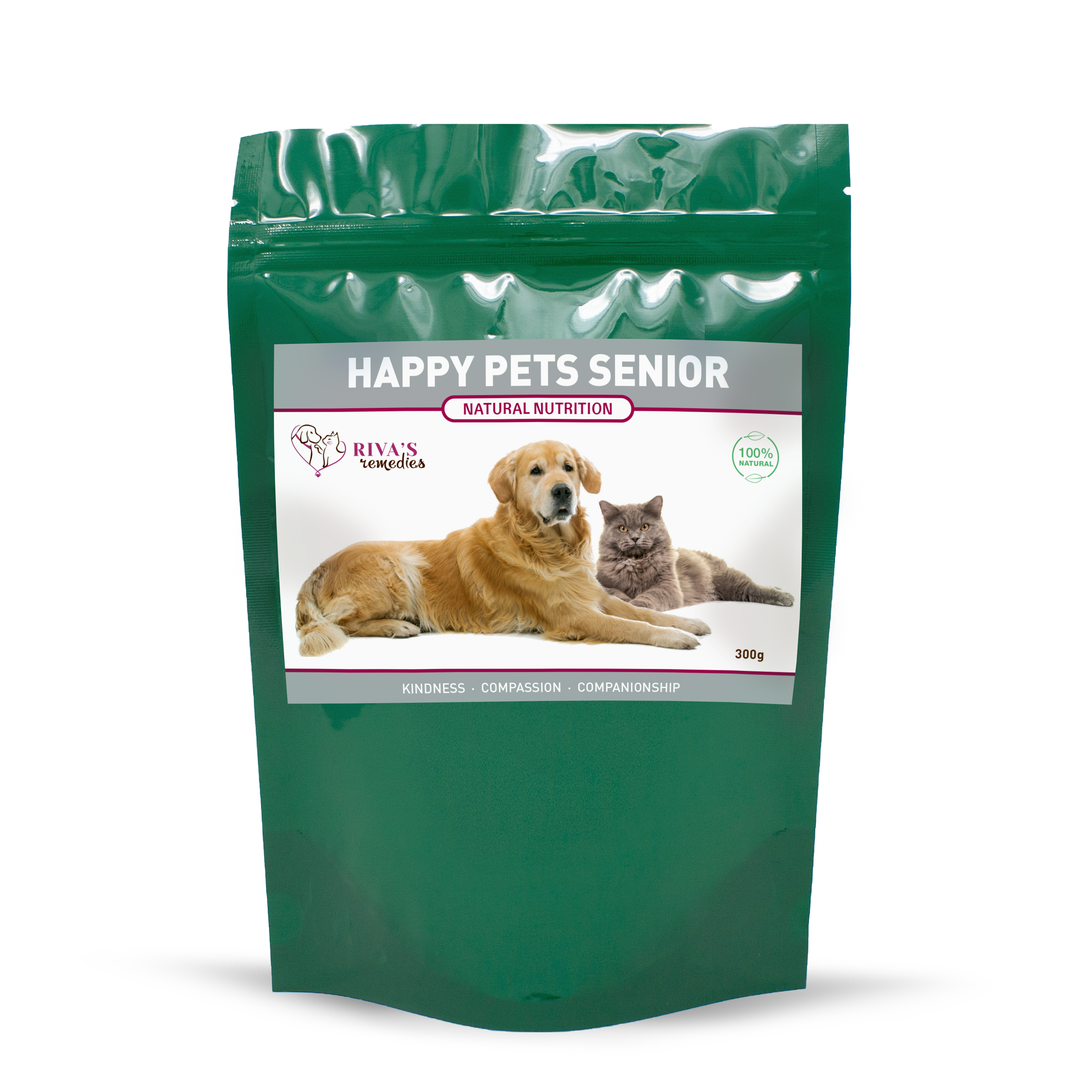
•
Happy Pets or Happy Pets Senior, herbal blend: One dose daily.
Provides a plant-based source of over sixty trace mineral minerals, vitamins, fiber, and antioxidants. Supports the hair coat, nails, skin, liver health, and immune function.
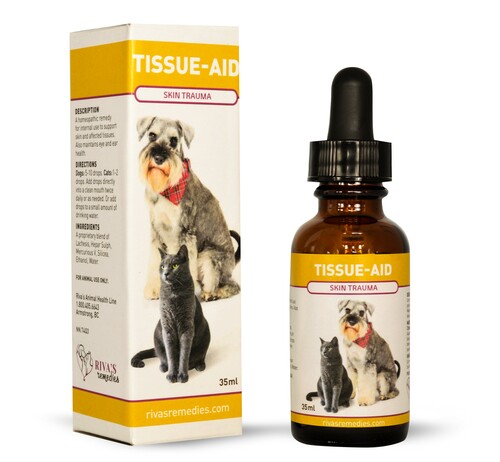
• Tissue Aid, homoeopathic: One dose twice daily for three to seven days. Used for dogs with infections, abscesses, eruptions, or discharges.
Topical Salves
• Coconut oil, olive oil, or calendula ointment — Apply to affected area twice daily. Use separately or make a blend. Provides nutrition and comfort for the skin including scar tissue.
• Zinc ointment. Apply to affected area twice daily to treat dry, scaly, and crusted skin rashes.
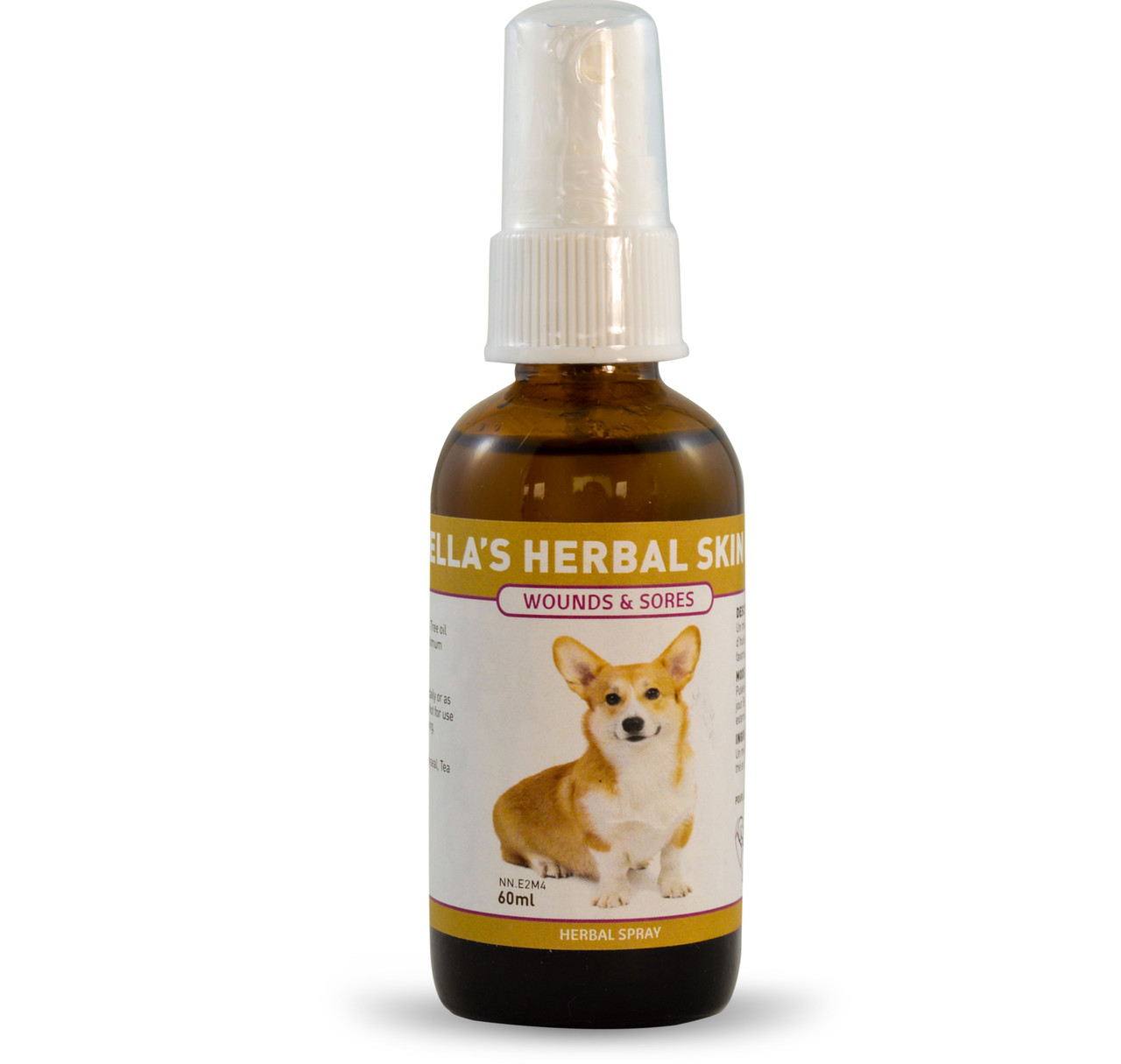
• Bella’s Herbal Skin Oil: Apply to hot spots, rashes, or oozing wounds.
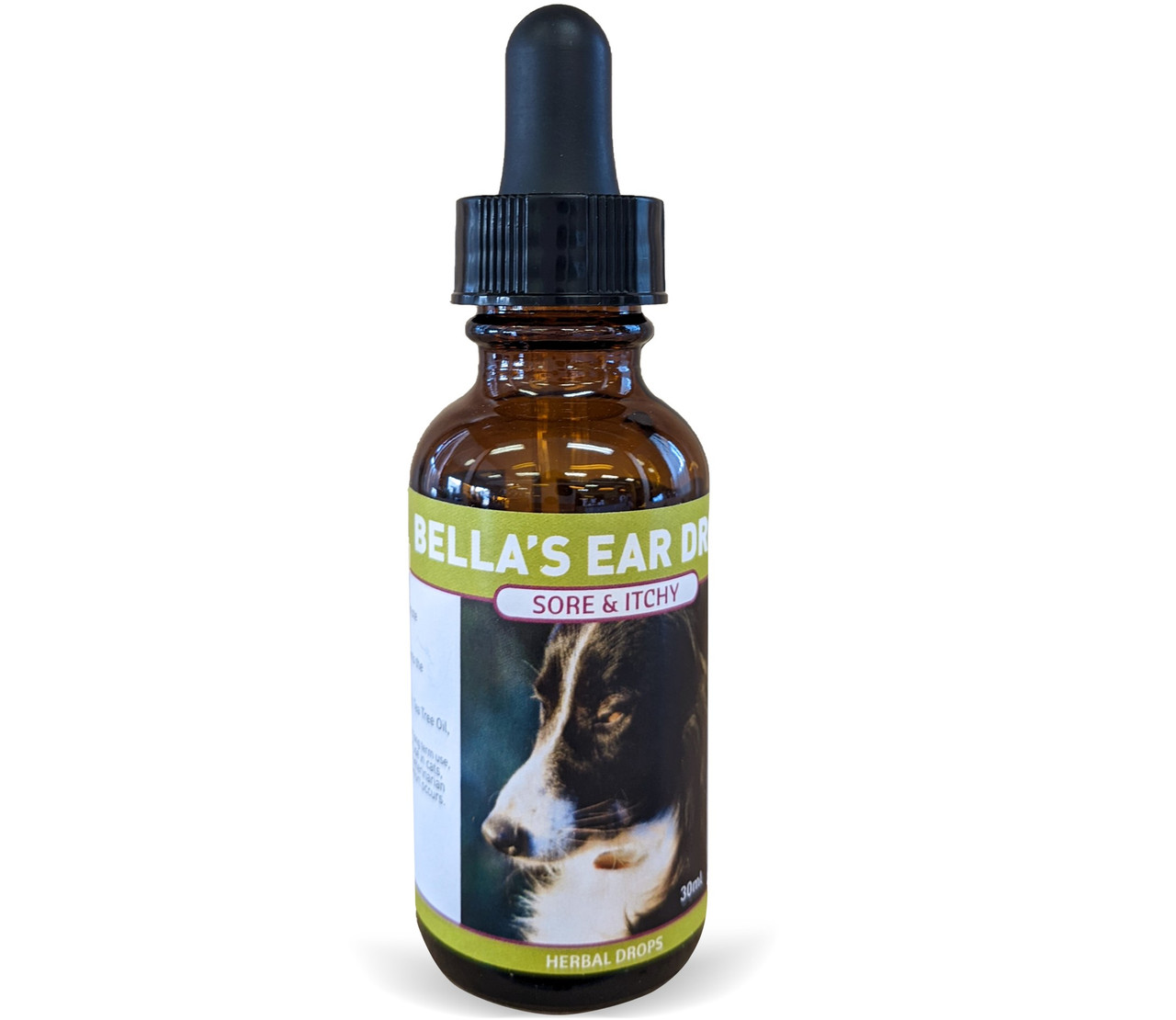
• Bella’s Ear Drops: Apply topically to the affected areas of the ear which are red, irritated, and itching.
*Please note: We provide a thorough selection of our natural products to help you choose the ones that are best suited for your dog. If you need additional assistance in making the right choice, feel free to reach out to us.
Bodhi Transforms His Skin Health
Bodhi’s information came to us in a request for a hair mineral analysis. Bodhi is a 2-year-old English Golden Retriever who has had skin problems since he was 7 months old. He had constant rashes with pustules on his underbelly and thighs. And he also had a history of ear infections. His lab tests were positive for several strains of bacteria and so he was given multiple rounds of antibiotics, anti-fungals, as well as ulcer medications. But nothing helped to heal the skin infections.
But Bodhi’s hair mineral analysis gave us another perspective to his health problems. The analysis indicated inflammation, adrenal stress, and several nutrient deficiencies including iron, calcium, magnesium, folic acid, and vitamin B12. This also indicated that he was anemic; anemia is a common cause of chronic infections. Bodhi’s analysis also showed high levels of boron and nickel, both of which can cause skin conditions and are often found in manufactured and processed dog foods.
So, to support his overall health and to detoxify his system we put Bodhi on a full nutritional program including Pro-Colon probiotics, Bone-Up, Magnesium Citrate, Iron-Up, vitamin B12, and folic acid. And we also added the Skin-Ease herbal blend to promote good skin health. Bodhi was also put on a new diet which emphasized high fibre natural foods, and eliminated all red meat, organ meats, as well as chicken and duck.
Bodhi, and his person Pam, were happy to report that Bodhi had made great progress! And that his skin is looking so much better. This is another wonderful case to validate that true healing comes not from practicing the germ theory; but from supporting the immune system, intestinal health, and the health of the “terrain”.
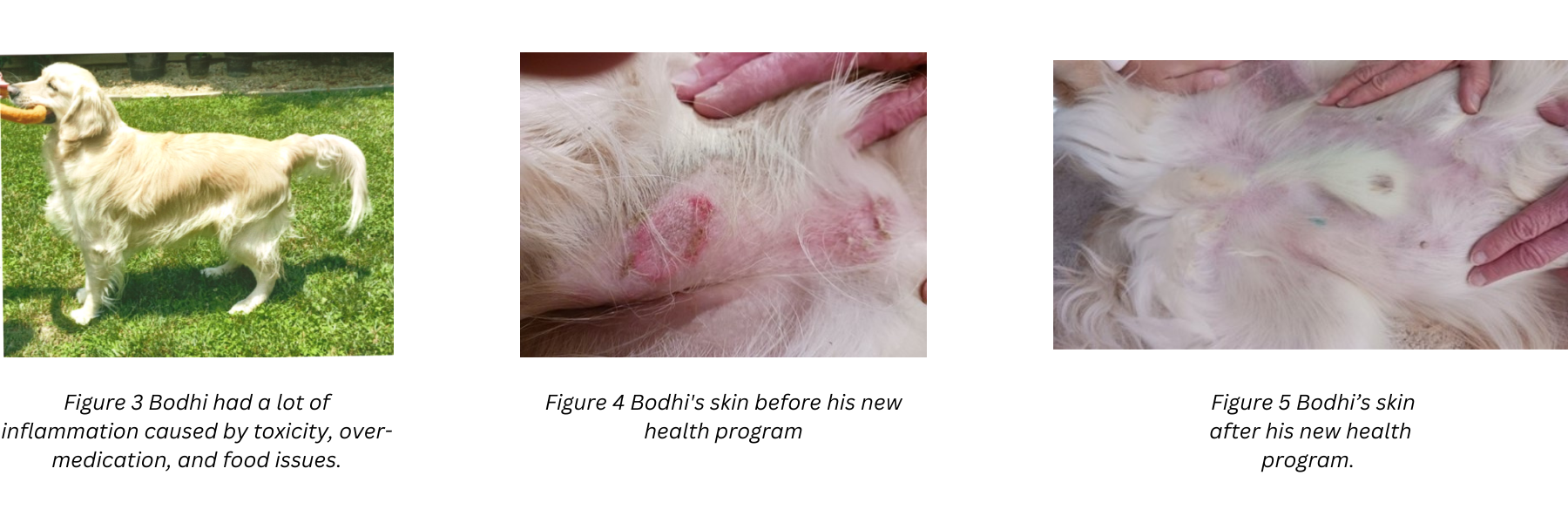
For extensive information on diet, nutrition, meal ideas, and healing dogs naturally, Order a copy of Healing Dogs Their Way
